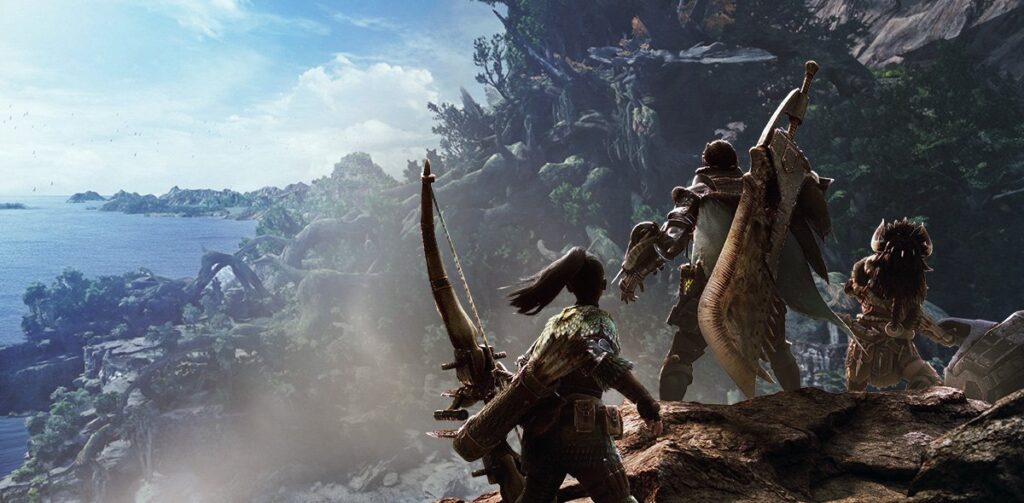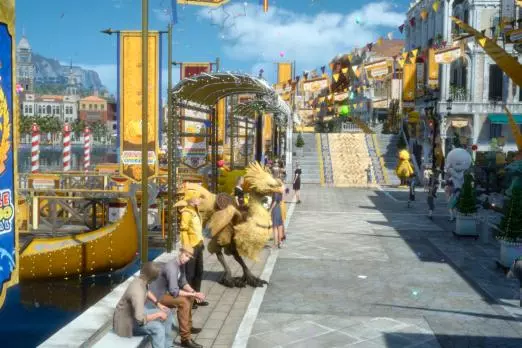
There have been seismic economic shifts over the last ten years. What work looks like is evolving faster than employers, or policy makers, can keep up with. The securities that were provided to generations before are no longer holding steady for those in their early twenties and thirties. After the Great Recession of the late 2000s set in, workers whose jobs disappeared or were just entering the workforce had to get creative to make ends meet. As a result, traditional jobs have been replaced with the art of the side hustle and crafting a livelihood out of gigs.
The Gig Economy, this old-but-somehow-new shift towards self employment is reshaping how we approach work. The McKinsey Global Institute (MGI) estimates that 20-30% of the working age population in the US and the EU-15 (approximately 162 million people) are independent workers. The digital revolution has given rise to remote work and gigs in ways that pre-2006 wasn’t able to support. Gigs aren’t limited to artists anymore. Leasing your stuff, through Lyft or Airbnb, has ensured that pretty much anyone can take advantage of a good side gig.
Side gigs, in the form of sidequesting, have been a staple for as many years as nonlinear narrative has dominated gaming.
Sidequests have always been optional, but as the games-as-a-service model has taken hold over the last five years, they’ve started to become necessary to a game’s overall experience. This pattern of sidequesting reflecting real-world hustle was highly visible in Square Enix’s Final Fantasy XV and has continued with Capcom’s Monster Hunter: World.
Progression in Monster Hunter: World is anything but standard. There’s no such thing as taking the critical path, especially not with all of the gear and crafting that’s necessary to move through some of the more difficult content. The real game is played in between the main story quests — through expeditions and investigations. As meaty as the story missions can be, they’re impossible to complete without turning in bounties and deliveries.
It’s a community driven effort in Monster Hunter: World’s Astera, where each hunter needs to contribute to the greater good of the communal economic structure through hunting and gathering, naturally. In order to obtain armor spheres (to upgrade existing armor), money, and materials, hunters have to spend time culling the monster population, researching endemic life, and gathering flora. Sure, you can get some of that during the course of a story mission, but a couple of armor spheres per main quest isn’t enough to take down an Anjanath (a fire-breathing Tyrannosaurus Rex), one the game’s biggest baddies you’ll encounter early on.
Sidequesting in Final Fantasy XV is a similar experience. At first, the payouts are meager. The money is just good enough to keep the party equipped with potions and cooking supplies, but that’s pretty much it. It takes forever to save up for the gear that you need to progress to the game’s next major milestone, especially if you stick to hunting and sidequesting outside of Lestallum, the game’s first major city. Life in the countryside is scraping together a living, with the hope that you scavenged enough ingredients from the day’s hunts to have a decent Ignis-cooked meal.

Lestallum, the little city with the big marketplace, is where main protagonist Noctis and his friends get creative with earning some gil, the game’s currency. They’re no longer limited to one-off diner deliveries and bounty hunts in order to ensure their survival. Instead, they can do what many in the Gig Economy do: tap into the power of the city.
Gigs thrive in cities. You can roll out of bed late, signal your availability on Lyft and make a few bucks before heading to your night gig as a bartender. There’s an abundance of opportunities for ingenious ways to earn money on the side in the city, especially if you know where to look. In Lestallum, Noctis and his crew are finally able to get some serious gil in their money belts without having to resort to the Good Ol’ RPG Trope of “Kill the Monsters for Gold.”
But there’s a lot of misconception about the starry-eyed world of the side hustle in the Gig Economy. It isn’t all margaritas-at-1 PM and cashing a check every day of the week. It’s usually toiling until two in the morning, crashing on the couch, shame-eating a box of Oreos and then waking up to do it all over again the next day. For all of the perceived freedom, there are trade-offs, and they usually come in the form of less time to live life outside of working.
If, as a task-seeking worker in the Gig Economy, you’re always dialed into your work, there’s not much left for anything else. Trading time for money is all sunshine and unicorns when you get paid well for it, but in Uber’s case, you’re getting paid less than minimum wage, which probably won’t make ends meet anyway.
That’s the peril of the Gig Economy, both in reality and in digital economies – if your time is finite, and it is, and you spend all of your time sidequesting (or side hustling), the time that you can spend experiencing the rest of your life (or the game) can be reduced to almost nothing.
What started off as a reasonable way for you to earn some extra cash (or armor spheres) has ended up as your only real pursuit. Your friends mourn your social status (and your willingness to play co-op) and you end up even more miserable than you were before you could pay the rent (or upgrade that armor).
With a traditional employment comes, for the most part, traditional hours. Even if you’re working on a shift-by-shift basis, you at least have some semblance of knowing how many hours in a week you’re going to be working and in which venue you’ll be doing said work. You go to work, come home, relax, and do it all again the next day. But you get to unplug from your job.
The divide between the real world and Monster Hunter’s neverending expeditions is reality: you don’t have rent to worry about in Astera. You barely have to worry about it in Final Fantasy XV, especially if you prefer the camping experience. But the gigs that fuel the low-end wages across a number of on-demand apps that we use can be the difference between keeping the lights on for another month or eviction. There’s a plethora of gigs out there, but many of them require workers to trade more hours than the pay is worth, especially once you factor in income taxes and saving for the exotic ritual of retirement.
In-game economies and their essential sidequesting mechanics reflect the reality that many new and displaced workers face in the ripples of the Great Recession of the late 2000s. The notion that a person can work at a company their whole lives and have their wages keep up with both the rising cost of living and inflation while saving for retirement is, at best, quaint. Graduates scramble for the same jobs and end up opting into the Gig Economy so that they can opt out of the dehumanizing revolving door that recruitment tends to feel like.
You’re not going to lose your quarters in Astera if you can’t make ends meet. No one is going to force you to get a permit to camp in Eos’ wildlands in Final Fantasy XV if you can’t seem to make enough to stay in a hotel. And as much as these two games require players to utilize sidequests to make money, there’s nothing real at stake. The grim reality is that for a lot of people in the Gig Economy, they’ve opted into a hamster wheel of neverending tasks that never seem to pay enough to live on.
The Gig Economy has changed the way we work. It’s changing the way games approach their economies, both as an observation of the way we live our lives and as a way to reflect the nature of our world in fantastical spaces. Video games have often been at the forefront in mirroring tangible economic structures. In 1987, Kid Icarus’ credit card taught us the peril of living outside your means. Modern MMOs with their own complex economies, including their version of eBay (just as eBay was really getting its legs online) in the form of auction houses, showed us how microcosmic economies work in digital spaces.
Even as policy makers struggle to keep up with the nuances of this Fourth Industrial Revolution, video games are leading the way.
Gamers aren’t going into the world blinded by “what ifs.” Games like Monster Hunter: World and Final Fantasy XV have provided templates in fantastical worlds to better understand what they can expect from their real-world jobs. It won’t be paralyzing for a gamer to fully grok the Gig Economy. They’ll see the sidequest and dive in, even if they’re stuck with a fetch quest (like Postmates) or an escort mission (like Uber).
 GameDaily.biz © 2025 | All Rights Reserved.
GameDaily.biz © 2025 | All Rights Reserved.